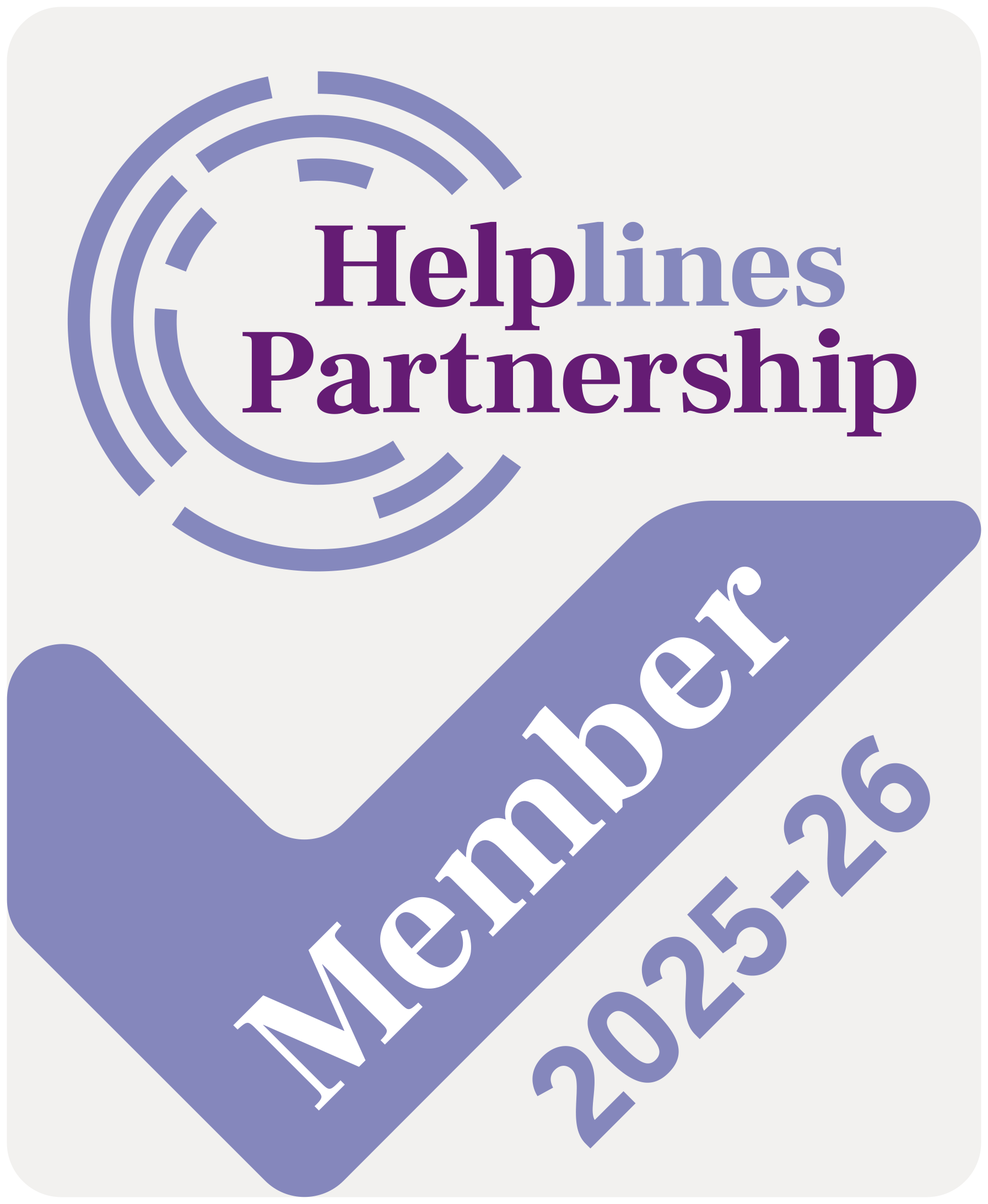Last updated on September 28th, 2022 at 09:09 pm
1. Purpose and scope
Gene People operates in England and Wales. We’re made up of trustees, partners, supporters and paid staff.
We are committed to providing high quality services. We want our services to achieve the highest standards in all that we do, no matter what the service is or where it takes place. One of the ways in which we can continue to improve is by listening and responding to feedback.
This policy outlines how we deal with feedback (including comments, compliments and complaints) about our services made by people with or affected by genetic conditions, the public, professionals or members.
We also have separate policies and procedures which we may use in relation to HR matters (for example grievance or disciplinary issues). We will advise you if a different policy or procedure is appropriate instead of this policy. We might also choose ourselves to apply one of those other policies or procedures if we believe that is appropriate in light of the feedback you have given. That is not automatic and is a decision we would take in a particular case. If we do then that is likely to be confidential between us and the member of staff, and you would not necessarily know.
2. What is a comment, compliment or complaint?
Gene People values comments and suggestions so that we can improve what we do, and where you think we have done particularly well we would be delighted to hear from you.
If you have a concern or you are dissatisfied with any aspect of Gene People’s services or activities, we also want to hear from you so that we can respond to your concern and learn from it.
3. Policy principles
We want you to be satisfied with us. We welcome positive feedback so that if something has gone well, we can continue and repeat it. If something has gone wrong, we would like to know so that we can prevent it happening again.
The principles of this policy are, therefore, that we want to ensure that:
- commenting is as easy as possible
- we always respond and treat your comments seriously
- our communications with you about your feedback are prompt and polite
- we learn from comments and use your feedback to improve our services
- we respond to you in the right way, for example with an apology where things have gone wrong; a gracious thank you where you have complimented us; or with an explanation or information as appropriate.
- We will always try to respond positively and effectively to complaints and to put right any shortcomings that are within our control, so that any complaint is resolved satisfactorily and speedily.
4. How to submit feedback to us
It is usually best to contact the person who is providing the service, as they are best placed to respond to comments.
If you have a concern or problem you should similarly try, in the first instance, to resolve the problem with the service or person concerned. They will often be able to put things right very quickly and simply.
If you do not know who to contact or do not feel comfortable raising it in the way suggested, then please phone us on 0800 9878987. You can also send an email hello@genepeople.org or write to us at:
Gene People
Nightingale House
46-48 East Street
Epsom
Surrey
KT17 1HQ
In relation to any complaint or compliment, whomever it is sent to, it would be helpful if you could state clearly and briefly:
- what went wrong or what went well
- when and where it happened
- who was involved
- what you are looking for from your feedback
- your name, address and contact details (telephone and/or email).
5. Response to your feedback
The way in which we respond to your feedback will vary according to its nature – for example, a compliment might not need a written response.
If you make a complaint, we will send you an acknowledgement within seven working days, which will give you the name of the person who will be responding more fully.
That person may contact you for further information.
All complaints will be treated with an appropriate degree of confidentiality, and information will only be shared with staff as necessary to assist in understanding what has happened and to respond.
We will reply to your complaint as soon as we are able to, and our aim is to gather any further information which is needed and to respond to you within 14 working days of telling you who is dealing with it. Where this is not possible, we will let you know when you will receive a full response.
6. If you wish to take the matter further
If, after you have received this response, you still think that the matter has not been resolved, you should contact the Chief Executive. Your comments will then be passed to a Trustee (who has had no previous dealings with the issue), and they will look at the issue further.
You will be informed in writing within seven working days of who that person is and when they will respond to you. You will receive a response, in writing, giving you the findings and recommendations in answer to your comments within a further 21 working days.
This is the final stage of our response.
7. How to make a complaint about GDUK to an external regulator
If you feel that you should be complaining to an external body, you can ask the Chief Executive for information.
It is entirely up to those individual external bodies whether or not they choose to look into a complaint, and this will depend on their own criteria and procedures – which vary from regulator to regulator. Generally, they will only investigate more serious issues. Even where they will investigate issues they will often, though not always, expect you to have contacted us first.
The main bodies which regulate us are the charity regulator (the Charity Commission for England and Wales) and the Fundraising Standards Board. Details of these are listed below:
Charity regulator
England and Wales: The Charity Commission can be contacted via an online form on its website. Or you can write to: PO Box 1227, Liverpool, L69 3UG or by email via the Charity Commission website.
Read the Charity Commission’s guidance about complaints.
Fundraising
If your complaint concerns fundraising, you will need to contact the Fundraising Regulator.
Visit the Fundraising Regulator website to find out how they work with other organisations to regulate fundraising.





